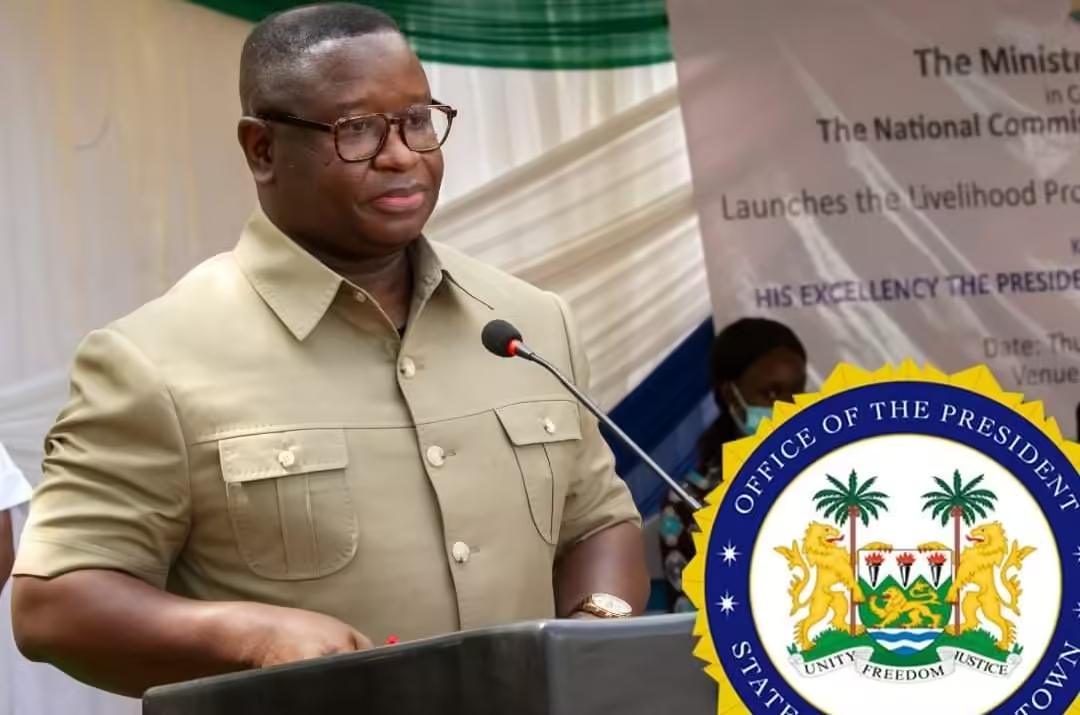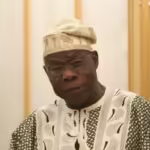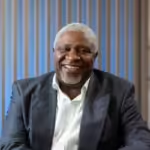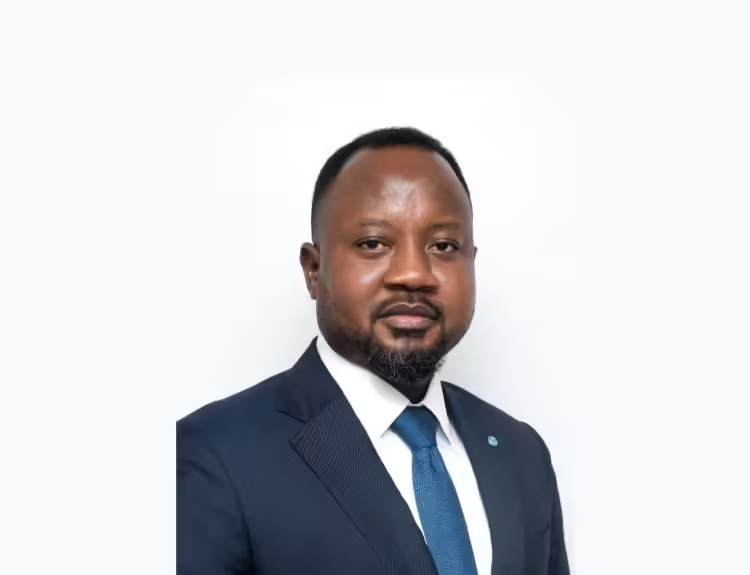Sierra Leone’s President Julius Maada Bio has undertaken a sweeping cabinet reshuffle, igniting discussions across political and social spheres. The move, coming at the outset of his second and final term after securing re-election in June 2023, is widely seen as an attempt to address governance challenges and regain public trust.
The reshuffle follows mounting criticism of several ministers and political appointees, with detractors accusing them of underperformance despite strong academic and professional qualifications. Critics have argued that the President’s initial appointments were skewed toward rewarding political loyalty, often at the expense of competence. The latest changes, observers suggest, signal a course correction aimed at aligning the government’s priorities with the country’s pressing needs.
One of the most contentious figures is Lands Minister Dr. Turad Senessie, whose tenure has been marred by allegations of misconduct. A recent poll by The Sierra Leonean (TSL) found that over 30 respondents believed Dr. Senessie had failed in his role. The minister has been accused of appropriating private lands in areas such as Angola Town, Tokeh, and No. 2 under the guise of reclaiming state property, only to sell them to private buyers. These actions have led to widespread frustration among landowners, with some branding his policies as exploitative and detrimental to public trust.
“Citizens are disillusioned,” remarked a prominent political analyst. “Appointments driven by patronage rather than merit undermine governance. The President’s reshuffle is an opportunity to address this.”
Bolster global ties
On the international front, President Bio has nominated key figures for ambassadorial roles in Europe. Mr. Philip Bob Jusu is set to represent Sierra Leone in Brussels, while Dr. Mohamed Kanja Sesay will serve in Paris. These appointments, pending parliamentary approval, are expected to enhance Sierra Leone’s engagement with the European Union and expand its international footprint.
The President’s emphasis on strengthening diplomatic ties extends to other strategic regions. New ambassadors have been designated for Nigeria, Egypt, and the United Nations, signaling an intensified focus on fostering bilateral relations and regional cooperation. These changes could position Sierra Leone to take greater advantage of trade opportunities and development initiatives, particularly within the ECOWAS framework.
Leadership overhaul
At home, the reshuffle has brought significant changes to leadership in national agencies and corporations. Paramount Chief Sadique M. Kapuwa has been appointed Chairman of the National Insurance Company, charged with revitalizing financial services. Hon. Helen Kuyembeh will helm the Sierra Leone Roads Authority (SLRA), tasked with driving infrastructure development, a critical need for the country.
Other notable appointments include Dr. Wusu Sannoh, who will lead the National Monitoring and Evaluation Agency to enhance government accountability, and Mr. Moses Williams, who will oversee the Statistics Council to improve data collection and governance frameworks.
State-owned enterprises have also seen a leadership refresh. Ambassador Joseph C. Blell will manage the National Telecommunications Agency, while Madam Kaday Zorokong takes charge of the Sierra Leone Housing Corporation. These appointments are expected to address systemic inefficiencies in housing, utilities, and telecommunications.
The cabinet reshuffle has far-reaching implications for Sierra Leone’s governance and economic prospects. Key ministries, including finance and foreign affairs, are now under fresh leadership, raising hopes for policy reforms aimed at attracting foreign investment. The mining and agriculture sectors, in particular, stand to benefit from improved governance and clearer regulatory frameworks.
However, skepticism lingers. Critics warn that without a genuine shift away from favoritism, the reshuffle could amount to little more than cosmetic changes. Investor confidence, crucial for Sierra Leone’s economic growth, hinges on the government’s ability to demonstrate transparency and effectiveness.
If successful, President Bio’s recalibration could serve as a blueprint for other nations grappling with governance challenges. For now, all eyes are on Sierra Leone as it seeks to balance domestic reform with its ambitions on the global stage.






